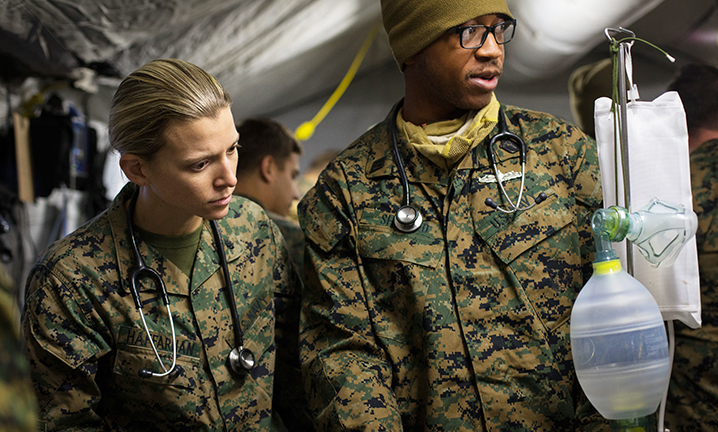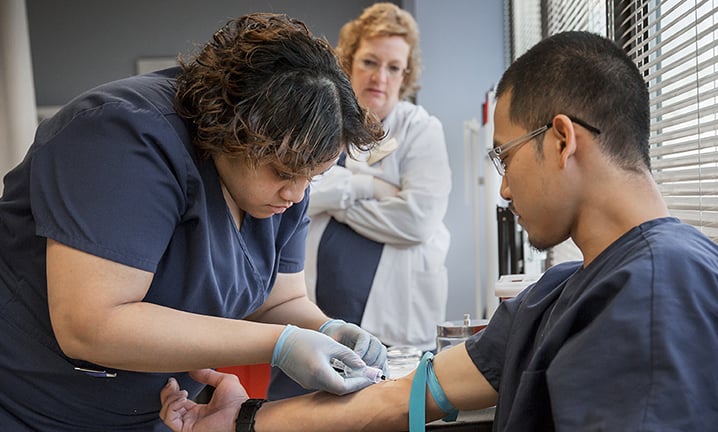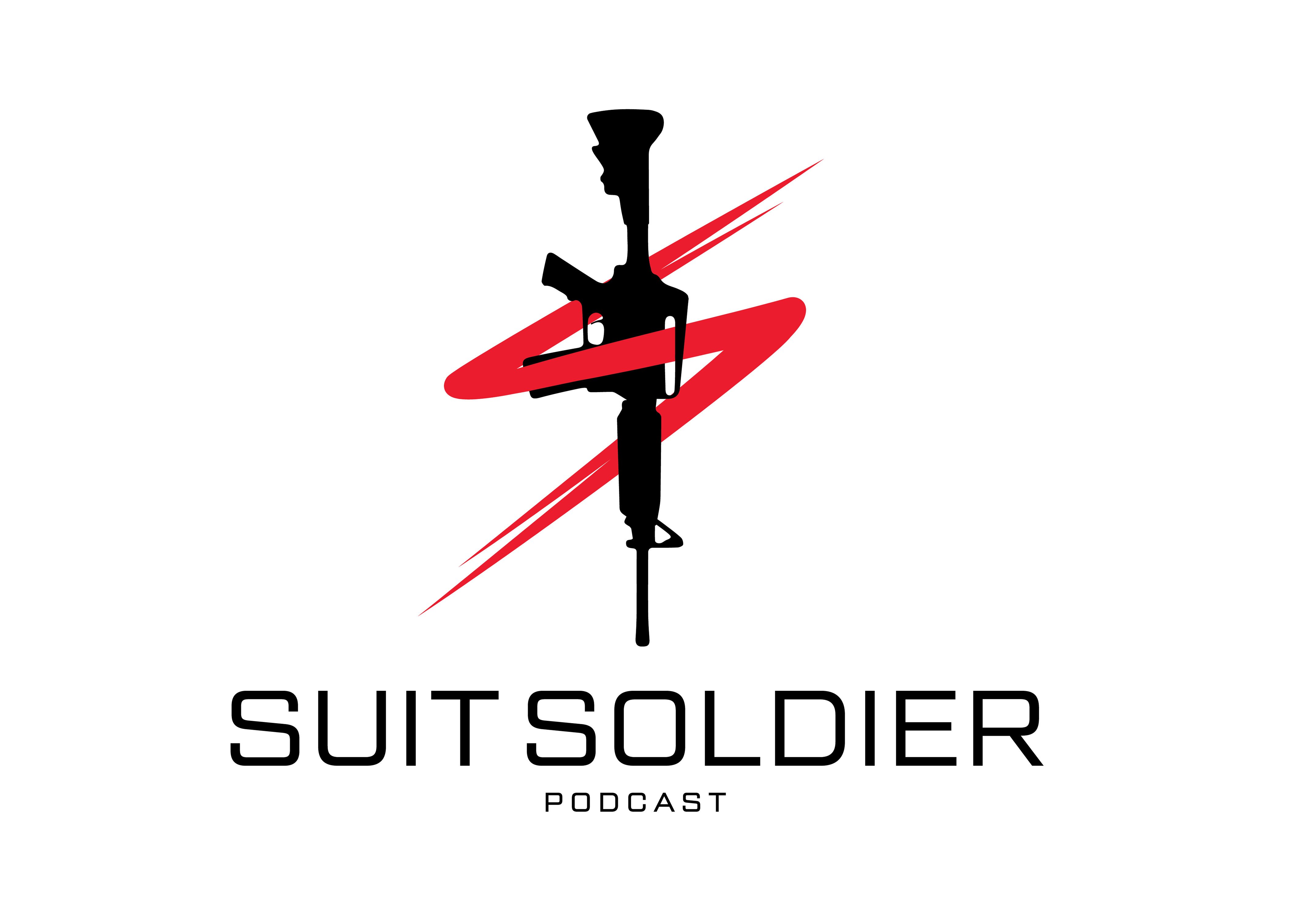Two Corpsman at NBHC Whiting Field Complete Navy COOL Certifications
Hospital Corpsman 3rd Class Mansoor Kyemtore and Hospitalman Matthew Hampton utilized Navy Credentialing Opportunities On-line (COOL) to enhance professional knowledge by earning certifications as a Clinical Medical Assistant and a Phlebotomy Technologist, respectively.
Navy COOL provides active duty and reserve Sailors, whether forward deployed, underway or ashore, a way to map their Navy education, training, experience and competencies to civilian credentials and occupations. It also allows Sailors to pursue credentials throughout their military life cycle, from completion of technical training until they become eligible for transition opportunities.
Hospital Corpsman 1st Class Holly Dean, leading petty officer of Military Medicine Clinic, noticed an opportunity at NBHC Whiting Field to help further the professional knowledge and careers of the corpsman by starting a Navy COOL program for the branch clinic. Dean, Navy COOL coordinator for NBHC Whiting Field, presented the Navy COOL to her Sailors, and she explained how the certifications would help each Sailors career while also emphasizing the positive effect on the clinic and its patients.
"When our corpsman complete Navy COOL certifications they become more versatile and more educated," said Dean, from Kansas City, Missouri. "If laboratory requires assistance, we are confident that a certified phlebotomy technician from another clinic is capable of assisting because they are well trained."
Hampton, assigned to Military Medicine Clinic, heard Dean's original presentation of Navy COOL and looked into it for himself. He decided to pursue the phlebotomy technologist certification, which required ten blood draws to demonstrate his competence in the process.
"The certification gives me an extra tool to utilize and to help advance my career," said Hampton, from Orlando, Florida. "Completion of the certification makes me happy because I feel as though I am more capable of helping the team here at the clinic when needed."
Prior to Dean’s presentation one Sailor had taken the advice of mentor to pursue a Navy COOL credential. After reviewing his options on Navy COOL, Kyemtore, from Accra, Ghana, decided to get the clinical medical assistant certification.
"When I was researching Navy COOL, I saw the clinical medical assistant certification, and felt it was an excellent opportunity," said Kyemtore, assigned to Family Medicine at NBHC Whiting Field. "A clinical medical assistant is the job of a corpsman, and learning the materials for the certification helped improve my knowledge and understanding, which has made me a better corpsman."
Shortly after the completion of the certification Kyemtore had a chance to put his enhanced patient care to use while treating a patient with respiratory distress. His training taught him the proper body position to place the patient at an angle of approximately 45 degrees instead of lying flat to allow for a proper reading of the peripheral capillary oxygen saturation.
"If I did not do the certification, I am not sure I could have figured out how to get the appropriate reading," said Kyemtore. "In pressure situations similar to that, people tend to be flustered and not think straight, but knowing what to do in that moment gives us confidence. I was able to think clearly and come up with the appropriate solution."
NBHC Whiting Field is a part of Naval Hospital Pensacola (NHP) and 10 branch health clinics across five states, and the Corpsman assigned to NHP and branch clinics have completed more than 300 national certifications to include clinical medical assistant, phlebotomy technicians, patient care technicians, clinical medical administrative assistants and EKG technicians.








